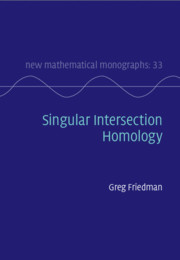It would have been easy for a less imaginative historian of mathematics than Herbert Mehrtens to have portrayed the work of Hilbert, Hausdorff, and other modernists as pioneers, and those who did not subscribe to their program as people who failed, were not good enough to make the turn, and were eventually and convincingly left behind. That he did not do so is not only because this would have been a shallow, selective view of the facts: it is incompatible with his Foucauldian approach to the relations between knowledge and power. Instead, he defined what I see as the most intriguing category of actor in his Moderne—Sprache—Mathematik (1990), the Gegenmoderner, or counter-moderns. The three men who characterize this position are Felix Klein, Henri Poincaré, and Luitzen Brouwer, and each merits a section in the book.
Of the three, Poincaré is the hardest to contain within that category. The range of his work, the nature of his influence, and the shifting standards by which mathematical significance has been evaluated by mathematicians, historians of mathematics, and society at large, all contribute to the problem. After thirty years, the methodological presumptions and aspirations of historians of mathematics have also changed, and I shall suggest that one way to appreciate the richness of Mehrtens’ book, to gain insight into what is meant by mathematical modernism, and to acknowledge a generation of work by other historians since 1990, is to re-examine aspects of Poincaré’s life and work and scholarship about him. Prodded by remarks by Leo Corry, Moritz Epple, and David Rowe, I shall suggest that the simple but useful dichotomy modern/counter-modern must be seen as a way into a more complicated situation, one in which different aspects of mathematics, specifically applied mathematics and the relationship of mathematics to contemporary physics, require fresh accounts of the role of modern mathematics in society.
